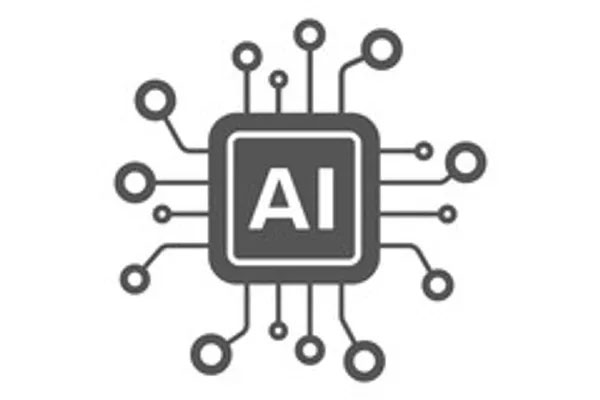This new era of digitalization and technological advancement represents a major shift for every business on earth, including manufacturers. The impact of this shift is most evident in small and medium-sized businesses now competing globally. The good news for most small and medium manufacturing is that transforming their factories into smart hubs is now becoming a reality. This is done by implementing and integrating current and new vertical information technology systems with operational technologies, allowing machines to connect digitally via high-speed 5G networks, and sharing data between machines using API (Application Programming Interface) solutions. The progressive technologies in Industry 4.0 allow organizations to make innovative decisions, improve profit and efficiency, and thrive in a world where everything is becoming digital. Digitally transformed organizations are becoming more relevant in today’s competitive market.
According to NIST (National Institute of Standards and Technology) and MEP (Manufacturing Extension Partnership), we are in the age of cyber-physical systems.
“Cyber-Physical Systems (CPS) comprise interacting digital, analog, physical, and human components engineered for function through integrated physics and logic. These systems will provide the foundation of our critical infrastructure, from the basis of emerging and future smart services, and improve our quality of life in many areas.” (NIST MEP)
We are seeing that Industry 4.0 adaption via digital transformation is improving efficiency in all major areas of operations, including enhanced employee engagement and retention, improved customer interaction and satisfaction, and increased supply chain transparency. We know that the digital transformation path is not easy and full of challenges, especially in organization and process change management. Still, most organizations have no choice but to move forward and find their path to Industry 4.0 to survive and compete in today’s digital global economy.
So, what core technologies of Industry 4.0 profoundly impact small and medium-sized manufacturers? There are nine technologies currently being aggressively pursued and implemented by manufacturers.
- Additive Manufacturing
- Augmented Reality
- Autonomous Robots
- Big Data Advance Analytics (Path toward Generate AI & ML)
- Cloud Computing
- Cybersecurity
- Internet of Things
- Advanced Simulations and Virtual Reality
- Horizontal and Vertical Integration
Implementing these technologies disrupts existing business models, processes, and workforce. A well-thought-out implementation plan for these technologies should include a change management approach for handling organization and process changes. Understanding these core technologies and determining the most effective investments for your business can be overwhelming for most small and midsize manufacturing leaders. One way to achieve successful results is by engaging appropriate outside resources and expertise to help you guide the most appropriate approach for developing a roadmap based on your situation that can help you achieve the desired results in a timely and cost-effective way.





